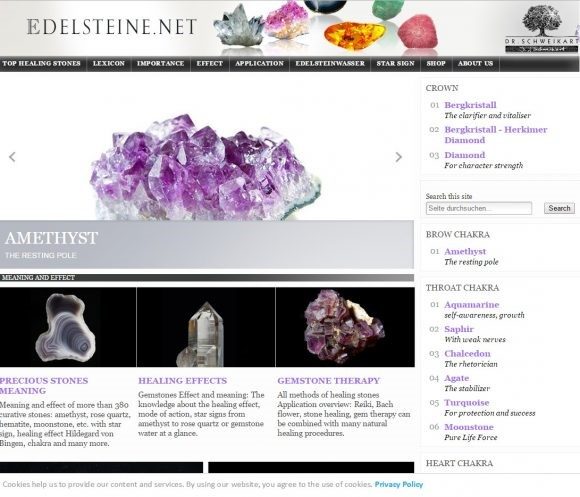Previously, we’ve identified health as a key driver of human happiness, which you can read about here. But what does health mean for today’s increasingly health-conscious consumers, and how does this diverge across different global markets?
In recent years, consumers around the world have taken a greater interest in their health, due to a multitude of factors – from longer lifespans and better education to the pressure of social media; however, health aspirations are shifting. In the UK, ‘health’ no longer means simply minding your diet and getting a fair share of exercise; health today is about taking a more active role over your own nutrition, fitness and general wellbeing, and as a result, holistic health methods are on the rise. Yet, this has developed an interesting dichotomy. Whilst people are more educated about what makes for a healthy lifestyle, obesity rates are higher than ever and mental health issues continue to grow.
Interested to understand health and its ever-changing complexities at a global level, we called upon our network of leading-edge Illume Guides, to find out how they are thinking about health and explore innovative local brands who are reacting to these changing needs.
Below we identify two emerging consumer responses to achieving health and wellness across the globe; seizing control and detoxing from modern life.
SEIZING CONTROL
Physical and mental health is something that ought to be within our individual control, yet with warnings about the harmful effects of chemicals, air pollution and the unethical activities of big businesses; it feels like the odds are stacked against us.
Connected to our insatiable desire for self-improvement, apps and wearable devices equip everyone with the tools to monitor, maintain and improve personal health goals autonomously. Yet interestingly, technology now helps us monitor external environments that previously were beyond individual control and grants us power over other aspects of our wellbeing.

In Brazil, personal grooming regimes are extensive as all aspects of physical appearance denote status, from skin to hair type and body shape. With this extra societal pressure on Brazilian consumers to look good at all times, they are turning towards digital apps to seize control.
Fat Blocker, for example, is a handy plug in invented to filter out the temptation of unhealthy eating. Created by Latin American gym chain, Smart Fit, the app helps Brazilians control their diet by blocking calorific adverts for products that contain fatty ingredients.

Similar to the UK’s traffic light food system, the labels use colour coding to guide customers towards healthier options; acting as an incentive for food manufacturers to reformulate unhealthy products. Apps like Yuka, also allow French consumers to evaluate the nutritional quality of different food items so they feel better informed about what to avoid for good health.

In other countries, we’re seeing a very different approach to improving health and wellbeing. Here consumers are actively repelling the negative effects of our technology-obsessed society, moving away from the modern world and seeking solutions rooted in spiritualism and simpler times.
Over the last few years, we’ve seen the explosion of natural foods, mindfulness and meditation – detoxing from modern life is the next evolution in this stronger focus on wellness. People are assuming more open-minded attitudes to health by practising alternative measures, which sees them calling on the natural world, herbal medicines and even religion. Those who practice holistic methods believe maintaining good health is more than taking care of our physical state, but also incorporating emotional and spiritual aspects too.
In Germany, for example, love for the outdoors is deeply embedded in the national culture with one third of the land covered by forests and woods. This love of nature and desire to become ‘greener’ is driving consumers’ purchasing habits; sustainability, organic food and natural products are all high priorities for them.
German shoppers take an active interest in alternative health methods, such as crystals and naturopathy. Natural medicines and healing stones have gained huge popularity due to their positive effect on the overall wellbeing of the body, mind and soul.

Staying with the theme of detoxing the body and mind, deeply rooted religious traditions play a powerful role in health healing for the Polish population. In Poland, Catholicism still acts as a commanding identity symbol with different pilgrimage cities used for spiritual retreats.

WHAT DOES THIS MEAN FOR BRANDS?
Brands need to understand how the market for health and wellness is evolving. Now, tech brands are competing with pharmaceutical leaders; while spiritual healing is popular again as other consumers turn to traditional health practices.
Health will always be a key driver of human happiness, but as global perceptions of health and wellness continue to shift, there’s increasing pressure on brands to understand what health means in local markets and to find ways to stay relevant. For some consumers, that’s brands using technology to put them in control with nutritional apps like Yuka. Whereas other audiences would welcome brands lending mainstream validity to less conventional wellbeing approaches, such as healing crystals and silent contemplation.
The outcome will be better health and happiness for all.

